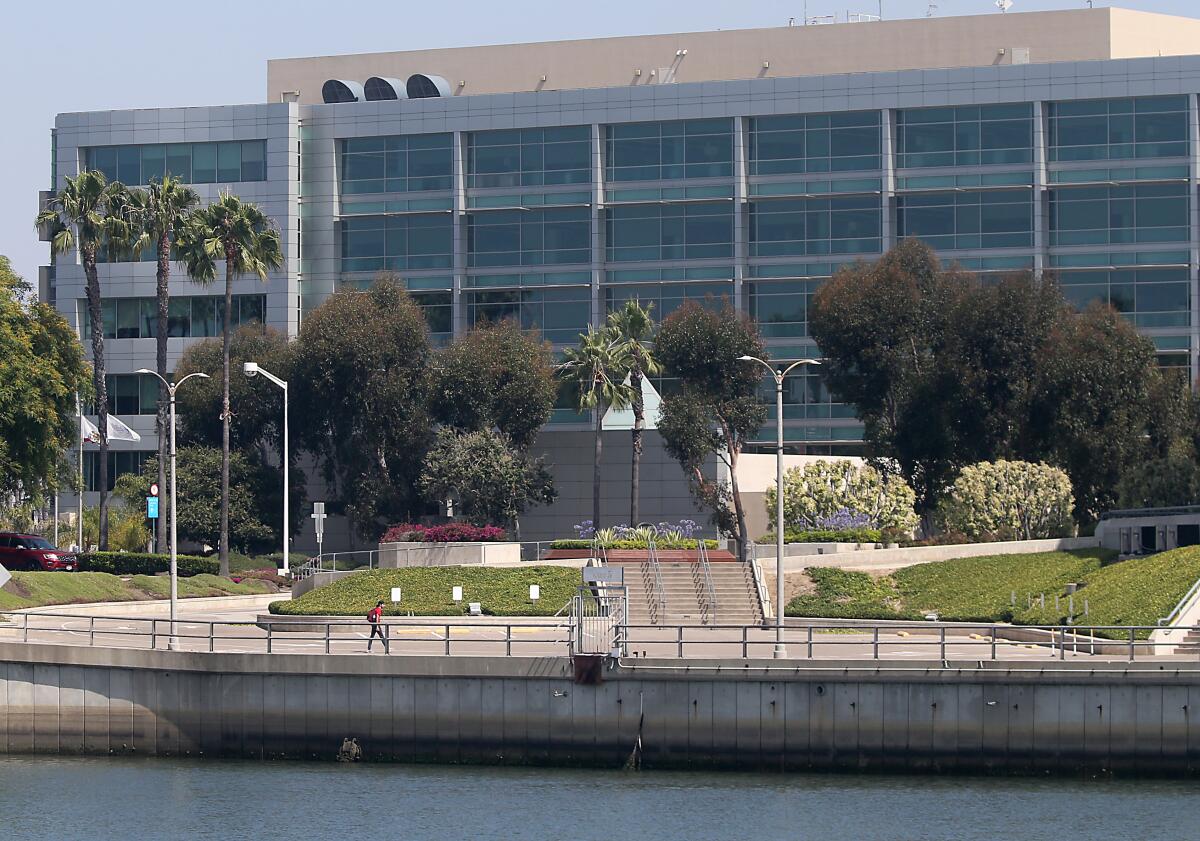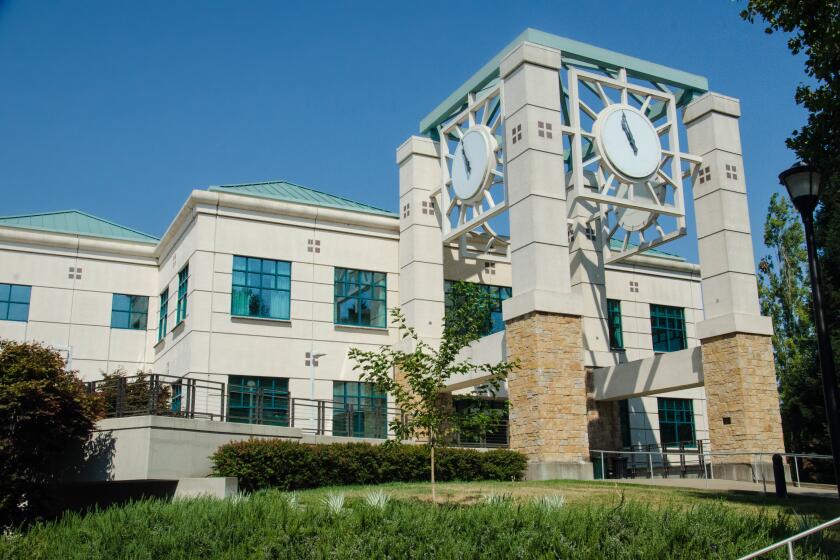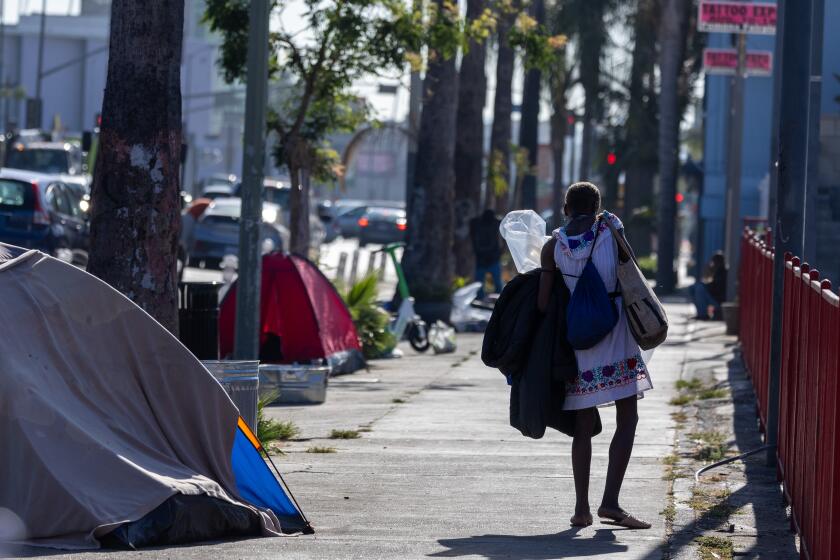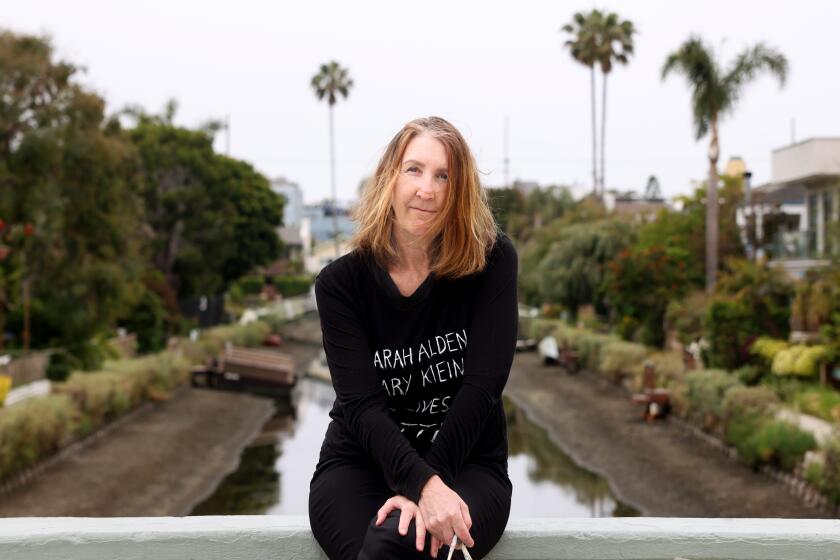Newsom signs law requiring stronger sexual harassment policies at CSU

The California State University system will be required to establish clear policies and guidelines for how sexual harassment cases are investigated and tracked under a bill Gov. Gavin Newsom signed Monday.
The new law obligates the 23-campus network to implement recommendations from a 2023 state audit that examined how officials investigated and tracked complaints at the nation’s largest public four-year university system following outcry over the failure to properly handle sexual misconduct cases across multiple campuses.
Lawmakers requested the audit in 2022 after Los Angeles Times investigations revealed inconsistencies and breakdowns in how officials responded to student and faculty sexual misconduct and retaliation complaints. The audit found a lack of oversight by the chancellor’s office, which oversees the system, and said officials did not properly document or investigate sexual harassment accusations. It also recommended the chancellor’s office implement the roughly two dozen reforms by this July. Lawmakers questioned whether the CSU would make changes without the Legislature’s oversight during a hearing last year.
Recent revelations about how California State University handled sexual harassment and workplace retaliation complaints have rocked the nation’s largest four-year public university system.
The CSU will now be required to follow through on last year’s recommendations that include the development of clear guidelines for investigations, an established policy to track complaints and a policy to address cases of wrongdoing that do not meet the sexual harassment threshold.
“The CSU shares the legislators’ interest in ensuring all students and employees across our 23 universities are protected from discrimination and harassment. It is one of our highest priorities,” CSU spokesperson Amy Bentley-Smith said in a statement.
“We have embraced the recommendations set forth in the state audit and in the report by Title IX legal experts Cozen O’Connor. We are actively working to meet and where possible exceed the recommendations and become a national leader in building a culture of care and trust through greater training and consistent and compassionate practices for handling and resolving complaints.”
Assembly Bill 1790 was introduced by Assemblymembers Damon Connolly (D-San Rafael) and Mike Fong (D-Alhambra).
“This legislation will ensure that survivors are heard, perpetrators are held accountable, and our educational institutions uphold the highest standards of justice and support,” Connolly said in a statement. “By strengthening protections against sexual assault and sexual harassment, we can make our California State Universities safer for students and faculty by ensuring that allegations of sexual harassment are not wrongfully dismissed.”
A 2022 Times investigation found that the CSU paid $600,000 to settle a claim with a Sonoma State provost who alleged retaliation by the campus president after she reported sexual harassment allegations against the president’s husband. The chancellor’s office did not investigate the claims. Both the president and the president’s husband, who are no longer at the university, previously denied wrongdoing.
Other investigations found breakdowns in how the California Maritime Academy handled allegations of sexual harassment against women and transgender students on campus and at sea. Times reporting also found inconsistencies in how the CSU documented complaints.
The bill follows a law that went into effect this year requiring CSU to publicly disclose the outcome of sexual harassment complaints and investigations.
More to Read
Sign up for Essential California
The most important California stories and recommendations in your inbox every morning.
You may occasionally receive promotional content from the Los Angeles Times.












